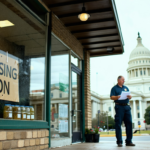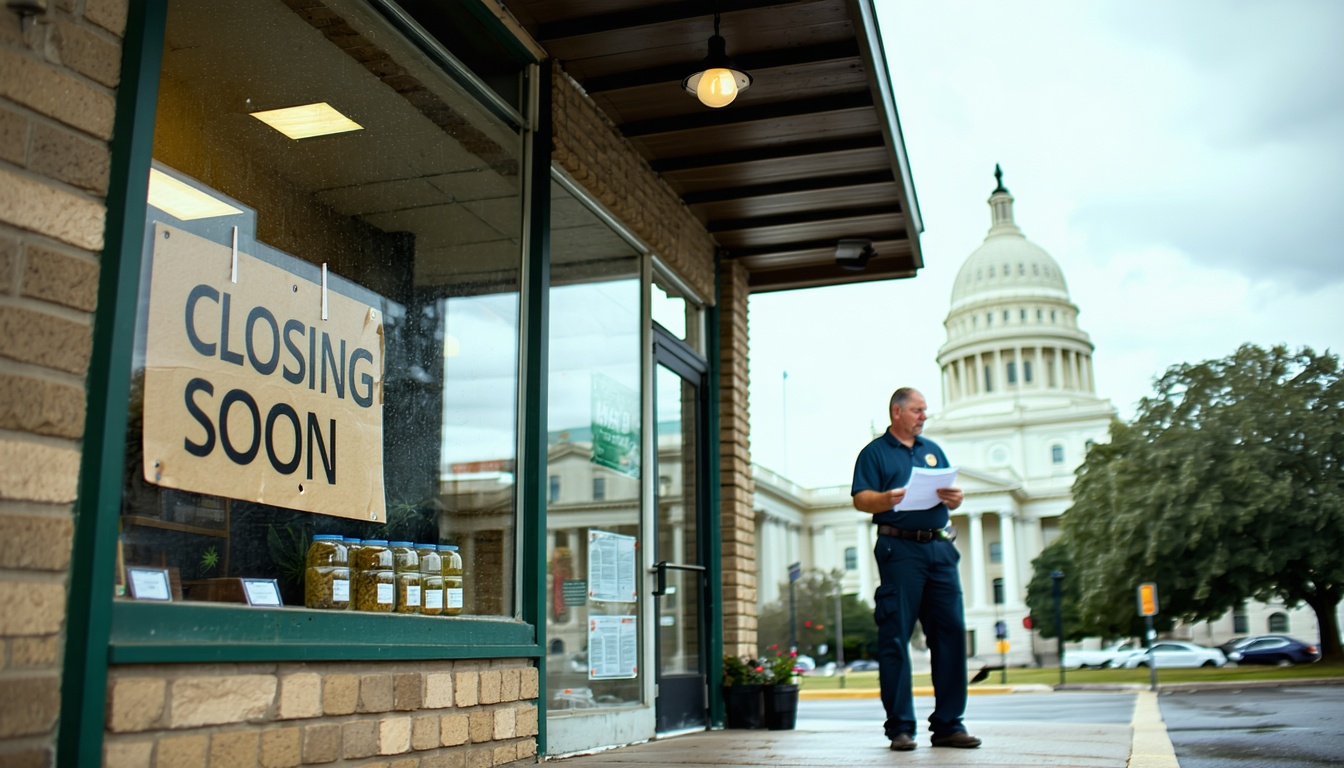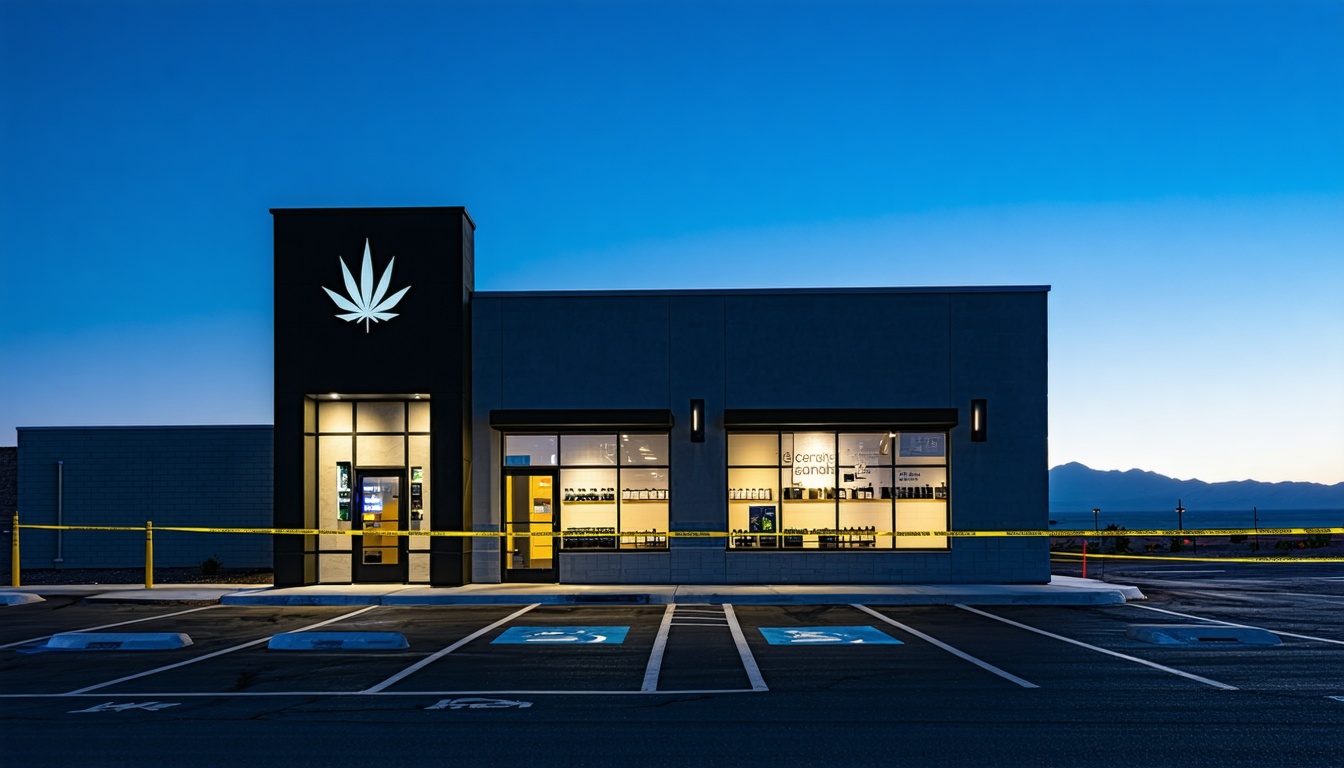Florida’s Failure to Legalize Recreational Marijuana May Boost Demand for Medical Pot
The recent failure of Amendment 3, which aimed to legalize recreational marijuana use in Florida, may have unintended consequences for the state’s medical marijuana industry. Despite the lack of a regulated recreational market, experts predict that the number of cannabis patients in Florida could increase.
Prior to the election, the number of Floridians signed up for the medical program had hovered around 800,000. However, the lack of a recreational option could lead to a surge in demand for medical marijuana. This is because many people who would have turned to recreational marijuana may now opt for medical marijuana instead.
Trulieve, Florida’s largest medical marijuana operator, had invested heavily in the push for Amendment 3, contributing over $143 million to the effort. While the company’s investment did not pay off, the failure of the amendment may ultimately benefit the medical marijuana industry.
The medical marijuana industry in Florida has struggled to compete with hemp-based products sold at gas stations, CBD shops, and online. These products are often cheaper and more accessible than medical marijuana, which can be a barrier to entry for many patients. The lack of a recreational market may help to level the playing field for medical marijuana operators.
However, the failure of Amendment 3 may also have negative consequences for some medical marijuana operators who had invested heavily in the expectation that recreational marijuana would be legalized. These operators may struggle to recover from their losses and could potentially face financial difficulties.
Despite the challenges, the medical marijuana industry in Florida remains strong. The state has a significant market for medical marijuana, and many patients rely on the drug to manage their symptoms. The industry is expected to continue to grow, even without a recreational market.
In the wake of the election, medical marijuana operators are calling on state lawmakers to address the high costs and frequency of doctor visits required to access the medical program. They are also urging lawmakers to revisit an effort to regulate hemp-based products, which have been a major competitor to medical marijuana.
Overall, the failure of Amendment 3 may have both positive and negative consequences for the medical marijuana industry in Florida. While it may lead to an increase in demand for medical marijuana, it may also create challenges for some operators who had invested heavily in the expectation of a recreational market.












